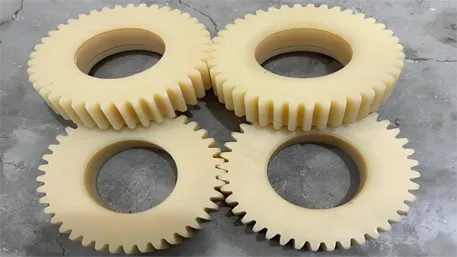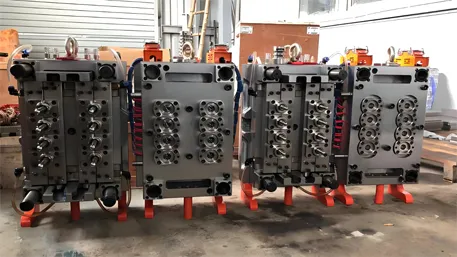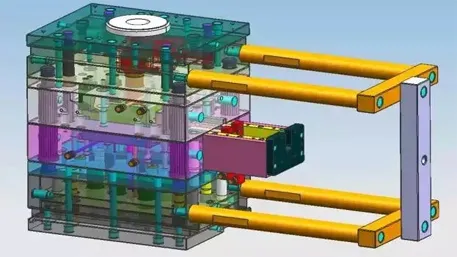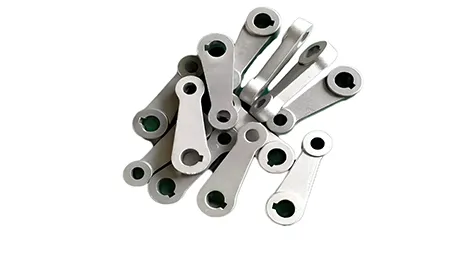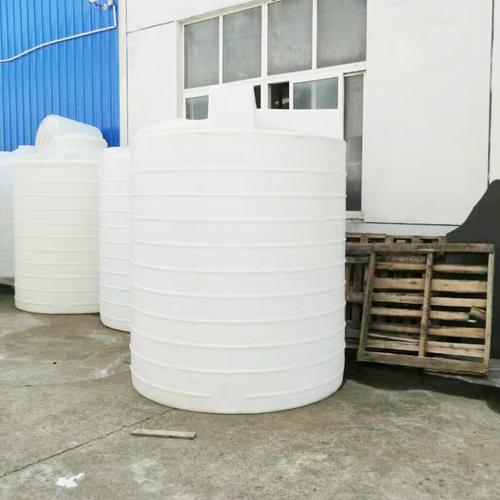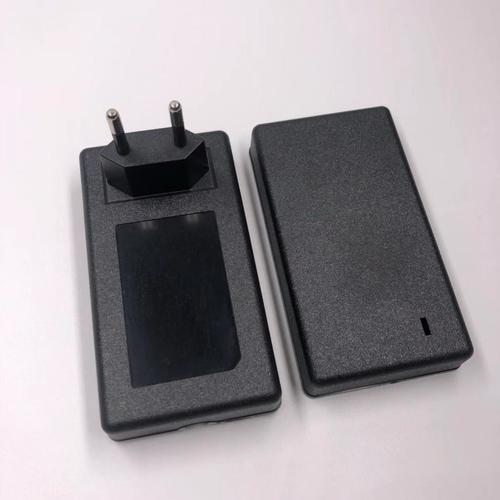
I. Core Material Properties and Application Advantages
(A) Comparison of Mainstream Material Properties
|
Material Type
|
Density (g/cm³)
|
Temperature Range (℃)
|
Core Advantages
|
Typical Certifications
|
|
Acrylonitrile Butadiene Styrene (ABS)
|
1.03–1.07
|
-20 to 80
|
Easy moldability, high toughness, cost-effective
|
UL94 V-0 Flame Retardant Certification
|
|
Polycarbonate (PC)
|
1.20–1.22
|
-40 to 130
|
Impact resistance, high transparency, dimensional stability
|
UL746C Material Certification
|
|
Polyphenylene Oxide (PPO)
|
1.06–1.07
|
-40 to 155
|
Excellent insulation, chemical corrosion resistance
|
UL94 V-1 Flame Retardant Certification
|
|
Polybutylene Terephthalate (PBT)
|
1.31–1.53
|
-40 to 150
|
Low hygroscopicity, high abrasion resistance
|
IEC 60243 Dielectric Strength Certification
|
|
PC/ABS Alloy
|
1.12–1.20
|
-30 to 120
|
Balanced high strength and toughness
|
RoHS Environmental Certification
|
(B) Driving Forces of Customization Requirements
1. Safety Performance
- Flame retardancy rating must reach UL94 V-0 (1.6mm thickness), passing glow wire test (850℃) without ignition.
- Insulation resistance ≥ 10¹²Ω (500V test voltage), dielectric strength ≥ 25kV/mm.
2. Heat Dissipation and Structure
- Heat dissipation hole opening rate ≥ 30%, air resistance coefficient ≤ 0.3 (optimized via CFD simulation).
- Positioning accuracy of 卡扣 /screw holes ±0.1mm for precise assembly with internal power components.
3. Environmental Adaptability
- Thermal shock resistance (-20℃ to 70℃ cycling 50 times without cracking), suitable for complex working conditions.
- Antistatic surface treatment (surface resistance ≤ 10⁹Ω) to reduce dust adsorption.
II. Analysis of Four Core Processing Technologies
(A) Injection Molding: High-Precision Structural Processing
- Technical Advantages:
-
- Enables one-step molding of complex structures (e.g., heat dissipation grilles, mounting bosses) with dimensional accuracy ±0.05mm.
-
- Large-scale mold design (1–4 cavities per mold), suitable for 500–2000g power supply cases, production efficiency 500–1000 pieces/hour.
- Process Parameters:
-
- Injection pressure 120–180MPa, mold temperature 60–100℃, cooling time 20–30 seconds.
-
- Shrinkage control: 0.4%–0.7% for ABS, 0.5%–0.8% for PC/ABS, ensuring assembly tolerance ≤0.03mm.
(B) In-Mold Decoration (IMD): Integration of Appearance and Function
|
Process Type
|
Typical Application Scenarios
|
Technical Highlights
|
|
Texture Molding
|
Matte/brushed surfaces for high-end cases
|
Mold surface roughness Ra≤0.2μm, gloss control 40–60GU (60° angle)
|
|
Composite Molding
|
Transparent windows + main structure
|
Optical-grade PC with light transmittance ≥90%, bonding strength with ABS ≥15MPa
|
- Technical Advantages:
-
- Paint-free process reduces VOC emissions, meeting environmental requirements.
-
- Surface hardness ≥3H, passing 500-cycle friction test without scratches.
(C) 3D Printing: Rapid Prototyping and Small-Batch Customization
- Process Advantages:
-
- Quickly validates irregular structures (e.g., curved heat holes, modular clips), with samples delivered in 3 days.
-
- Nylon 12CF material strength up to 180MPa, suitable for high-strength prototype testing.
- Application Scenarios:
-
- Custom server power supply cases (order quantity ≤500 pieces), delivery cycle reduced by 40%.
-
- Personalized hole design for modular power supply cases.
(D) Surface Treatment Technologies
- Flame Retardancy Enhancement:
-
- Nano-scale flame retardant modification (5%–10% additive), upgrading flame retardancy to UL94 V-0.
-
- Fire-resistant coating (50–100μm thickness), oxygen index ≥28%.
- Heat Dissipation Optimization:
-
- Metallized coating (20–30μm aluminum-based), thermal conductivity increased to 1.2W/(m·K).
-
- Micro-structured design (heat fins 3–5mm height, 2–3mm spacing), heat dissipation efficiency improved by 20%.
III. Full-Process Customization Solutions
(A) Design and Material Engineering
- Multi-Dimensional Design Support:
-
- Structural Optimization: ANSYS simulation analyzes clip stress distribution to ensure 1000-time disassembly without fracture.
-
- Functional Customization:
-
-
- Modular power supply cases: Support quick-release structure (disassembly time ≤30 seconds), adaptable to different power modules.
-
-
-
- Noise reduction design: Muffling structure for heat holes (5–8mm diameter, 15°–20° angle), noise reduction by 5–8dB.
-
- Precise Material Selection:
-
- Consumer-grade power supplies: ABS + 20% flame retardant, meeting UL94 V-0 standards with 15% cost reduction.
-
- Industrial-grade power supplies: PPO material, volume resistivity ≥10¹⁶Ω·cm, suitable for high-humidity environments (humidity ≤95%RH).
- Pre-Processing Technology:
-
- Raw material drying: PC moisture content controlled ≤0.02% to avoid molding bubbles.
-
- Antistatic treatment: Permanent antistatic agents added (surface resistance ≤10⁸Ω), suitable for precision electronic environments.
(B) Production and Quality Control
- Flexible Manufacturing Capability:
-
- Rapid Prototyping: 3D printed samples delivered in 48 hours, aluminum mold development cycle 10–15 days (steel mold 30–45 days).
-
- Mass Production:
-
-
- High-speed injection lines: Equipped with KUKA robots, daily output 3000 pieces per machine (2-cavity mold).
-
-
-
- Automated production lines: Integrated visual inspection system, appearance defect recognition rate ≥99.5%.
-
- Comprehensive Testing System:
-
- Electrical Performance:
-
-
- Dielectric withstand test: 2000V AC for 1 minute without breakdown, leakage current ≤0.5mA.
-
-
-
- Insulation resistance: 500V DC test, resistance value ≥10¹³Ω.
-
-
- Mechanical Performance:
-
-
- Drop test: 1.2m drop to concrete, breakage rate ≤1% (100-piece sample).
-
-
-
- Aging test: QUV-A irradiation for 1000 hours, color difference ΔE≤2, strength retention ≥90%.
-
-
- Certification Support: Provides UL, CE, CB, and other international certification reports for global market access.
IV. Multi-Scenario Application Solutions
(A) Consumer Electronics
- ATX Power Supply Cases: PC/ABS alloy material, supporting side-transparent window design (transmittance ≥85%), UV coating for anti-yellowing (color difference ΔE≤3 after 3 years).
- Laptop Adapter Cases: Thin-wall design (1.2–1.5mm thickness), passing 1.5m drop test, 20% lighter than traditional designs.
(B) Industrial Equipment
- Server Power Supply Cases: PBT + 30% glass fiber, resistant to 120℃ long-term operation, dustproof grade IP54 (dust ingress ≤1g/m³).
- Automation Equipment Power Cases: PPO material + metal inserts, EMI shielding efficiency ≥40dB, suitable for industrial control environments.
(C) New Energy Sector
- Energy Storage Power Cases: Fire-resistant PC material, UL94 V-0 certified, supporting IP65 waterproof design (1m water immersion for 30 minutes without water ingress).
- Vehicle Power Cases: Low-temperature modified ABS (-40℃ impact strength ≥25kJ/m²), adapted to vehicle vibration environments (10–2000Hz frequency, acceleration ≤5g).
V. Technology Selection Guide
|
Requirement Type
|
Preferred Technology
|
Weight Range
|
Core Indicators
|
Delivery Cycle
|
|
R&D Validation & Small Batches
|
3D Printing + Injection Molding
|
200–1000g
|
Rapid iteration, structural validation
|
Prototype in 3 days, batch in 15 days
|
|
High-End Appearance & Heat Dissipation
|
IMD + PC/ABS
|
500–1500g
|
High flame retardancy, low noise, premium aesthetics
|
Prototype in 7 days, batch in 25 days
|
|
Large-Scale Standardized Production
|
Injection Molding + ABS
|
800–2000g
|
Low cost, high reliability
|
Prototype in 5 days, batch in 20 days
|

